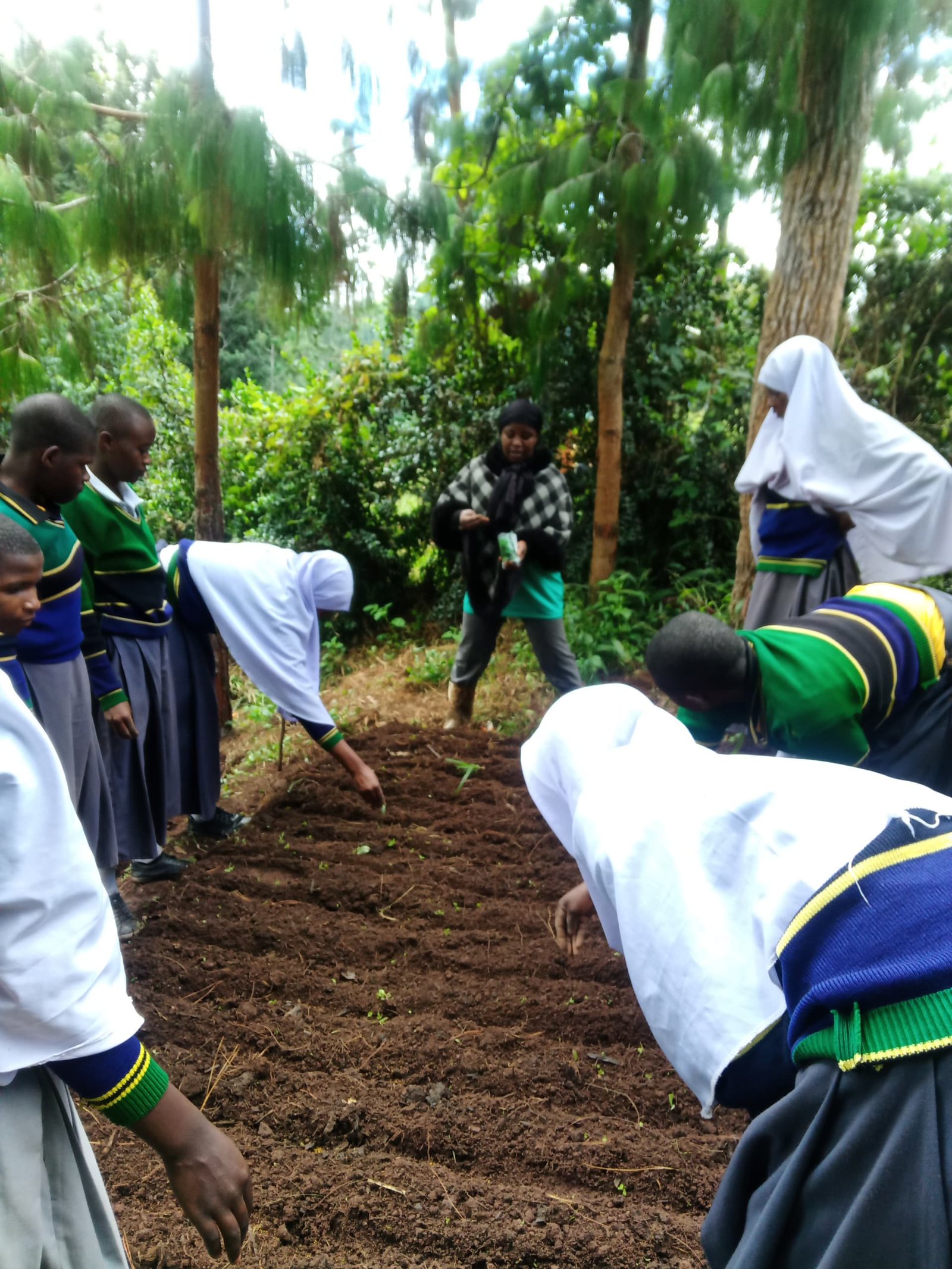Empowering Youth for Climate Resilience in Lushoto
Led by Global Kilimo Smart | Sponsored by Climate-KIC | Funded by Irish Aid
From October 2024 to May 2025, Global Kilimo Smart implemented the School Climate Action Plans project in Lushoto District, Tanzania—a youth-led initiative that proved how local action can drive climate resilience and sustainable development.
Thanks to the support of Climate-KIC, with funding from Irish Aid, the project reached 475 students (50% female) across 10 secondary schools, surpassing the initial goal by 13%. These students were not just participants—they became leaders in climate action within their schools and communities.
Building Skills, Growing Solutions
Through 20 interactive workshops, students deepened their understanding of climate science, sustainable agriculture, and advocacy skills. Climate literacy among participants rose dramatically from 35% to 85%, equipping them with the tools to become informed change-makers.
A standout achievement was the establishment of 10 school-based urban smart gardens, now producing a combined total of 1,130 kg of vegetables annually—exceeding projections by 13%. These gardens support school nutrition while acting as living laboratories for climate-smart agriculture, water efficiency, and food security.
Youth in Action
The real success lies in how students took ownership of their climate journey. Each school created a tailored Climate Action Plan, now under implementation, ensuring the project’s impact will continue long after its formal conclusion.
Student leadership was further demonstrated when youth teams developed and submitted two policy recommendations—on afforestation and waste management—to the Lushoto District Council. This engagement marks a significant step in youth participation in local environmental governance.
“Before this project, I didn’t know I could lead. Now, our smart garden feeds us, and I feel proud to teach others,”
says Yasinta, a Form 3 student from Ubiri Secondary School.
Broad Partnerships, Lasting Impact
Collaboration was central to the project’s success. Strategic partners included the Lushoto District Education Office, Sokoine University, Mtae Environmental Conservation, and the Tanzania Youth Coalition on Climate Change (TYCCC). These alliances helped provide technical support, local trust, and new opportunities—such as a joint advocacy campaign with TYCCC.
The project also indirectly reached over 1,350 community members through outreach events, open days, and social media engagement—building a wider culture of awareness and sustainability.
A Model for Future Engagement
The School Climate Action Plans project shows what’s possible when youth are empowered with knowledge, resources, and a platform to act. As Global Kilimo Smart looks ahead, this initiative sets a replicable model for scaling youth-led climate action across Tanzania and beyond.


No responses yet